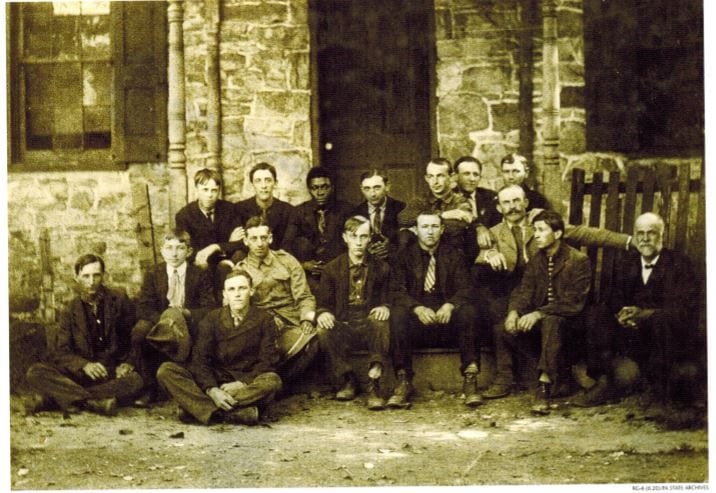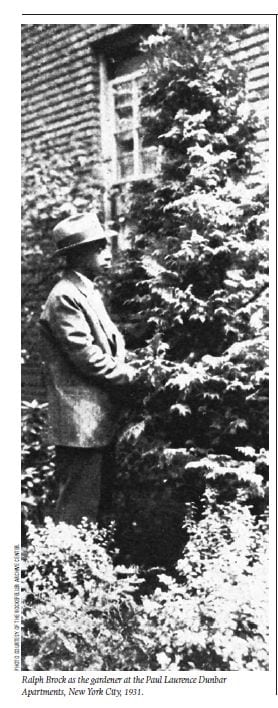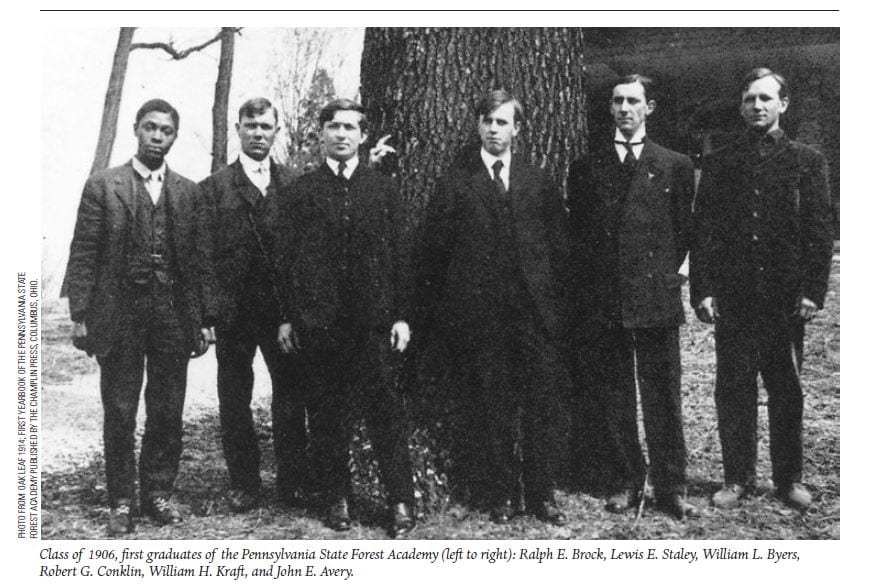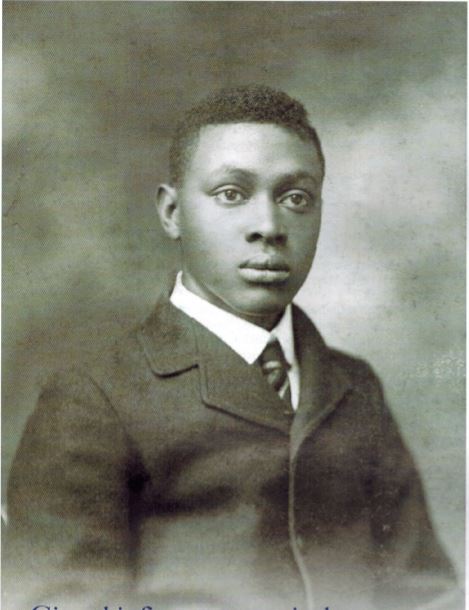
Gardening Green with Doug — The First African-American Forester Had Pennsylvania Roots
By Doug Oster
July 21, 2020
It was a box of letters discovered in 1966, which reintroduced the world to Ralph Elwood Brock, the first African-American forester in the United States. They date back to the early 1900s. Since then, the stack of letters, ledgers, and notes from Brock had been stored away at the Penn State Monto Alto campus.
They languished in obscurity again until the late 1990s when they were rediscovered by forestry historians, anxious to retell the story of this pioneer who was in the first class of the Pennsylvania State Forest Academy. “He was good with trees, he loved plants, he was a natural,” said Dr. Peter Linehan, associate professor of forestry at the University. Linehan is the latest to carry the torch for Brock.
He spoke about him in 2016 to a group from the DCNR bureau forestry, keeping Brock’s name alive.

Before the documents were found, little was known about Brock, who became interested in plants while attending high school in West Chester, Pa. Luckily for him, the principal at his high school was friends with Dr. Joseph Rothrock, the man who would become Pennsylvania's father of forestry. "I have a bright young fellow here that likes to work with things in botany," the principal told Rothrock.
Rothrock encouraged Brock to join him as he founded the Pennsylvania State Forest Academy, the first public school of its type in the country (now the Penn State Mont Alto campus in Franklin County). Brock excelled in his studies graduating as one of six in the initial class. His first job after graduation was to clear land across from the campus and then named supervisor of this newly created Mont Alto State Forest Tree Nursery.
“When he was there, they grew many trees and he trained students,” Linehan said. “They sent trees all around the state.”
Brock was highly regarded by many of his peers. In 1907, as part of the Department of Forestry’s annual report, he wrote a 30-page manual called Forest Nursery Practice and Sylvicultural Notes on the More Important Pennsylvania Forest Trees.
“That was quite an achievement for someone who had just graduated and was working full time to manage a nursery and train new students,” Linehan said.
He lectured twice in 1908 at the first convention of Pennsylvania foresters in Harrisburg — speaking about “Broadcast Sowing vs. Drill Planting” and “Forest Protection.”

No one knows for certain why Brock resigned from his position as nursery supervisor in 1911, but there are signs racism played a role. There’s a notation in the book, "The Pennsylvania State Forest School, 1903-1929," a passage refers to a fist fight at the nursery. "Students of different opinions got into fisticuffs over the fact that they were working for an African-American and they didn't like it." There’s also a note from an alumnus in the 1914 yearbook which says, "Brock had a hard time of it, for none of the boys could quite content himself being ordered around by a darky, regardless of his ability," the man wrote.
Linehan admires Brock for his tenacity, spirit, and ability as a forester. “Here’s a guy who didn’t fit in really, he was the only Black student. But yet he came, he worked hard and succeeded.”
Whatever the reason for his departure, Brock went on to have a successful career in the private sector. He had his own landscaping business in West Chester and held various gardening positions in Cleveland and New York. He was hired by John D. Rockefeller Jr. in New York as gardener for the Paul Laurence Dunbar Apartments in Harlem, which was just one of his many positions in the city over the years.
Ralph E. Brock died at the age of 79 on December 9, 1959 at the Smith Convalescent Home in Lawnside, N.J. He was buried in Chestnut Grove Cemetery in West Chester, Pa.
In 2000, the Department of Conservation and Natural Resources renamed the South Mountain Seed Orchard, the Ralph E. Brock Seed Orchard. A historical marker was also erected in 2003 at Mont Alto in memory of Brock.

“Thinking about Ralph,” Linehan said, “I wonder what he would have accomplished if he had stayed with the state for his whole career. He was a very talented man. We all lost out when he left for reasons beyond his control. I guess the important thing is that we need to work harder to include everyone in working for the environment.”
![]()

Thanks Doug for this “timely” success story of the life of Ralph Brock. Racism is a societal “disease” that’s harder to eradicate than tomato blight!
I am a former Penn State forestry grad who takes great pride in such a fine institution, especially in Agriculture. I love listening to your Sunday morning KDKA radio talk show (listening for the past 10 years), and have learned much. Keep up the good work that comes “natural” (no pun intended) to you.
Ken Maleski
Emlenton, PA
[…] Read the fascinating story of Ralph Brock who overcame racism in the 1900’s to have an illustr… […]